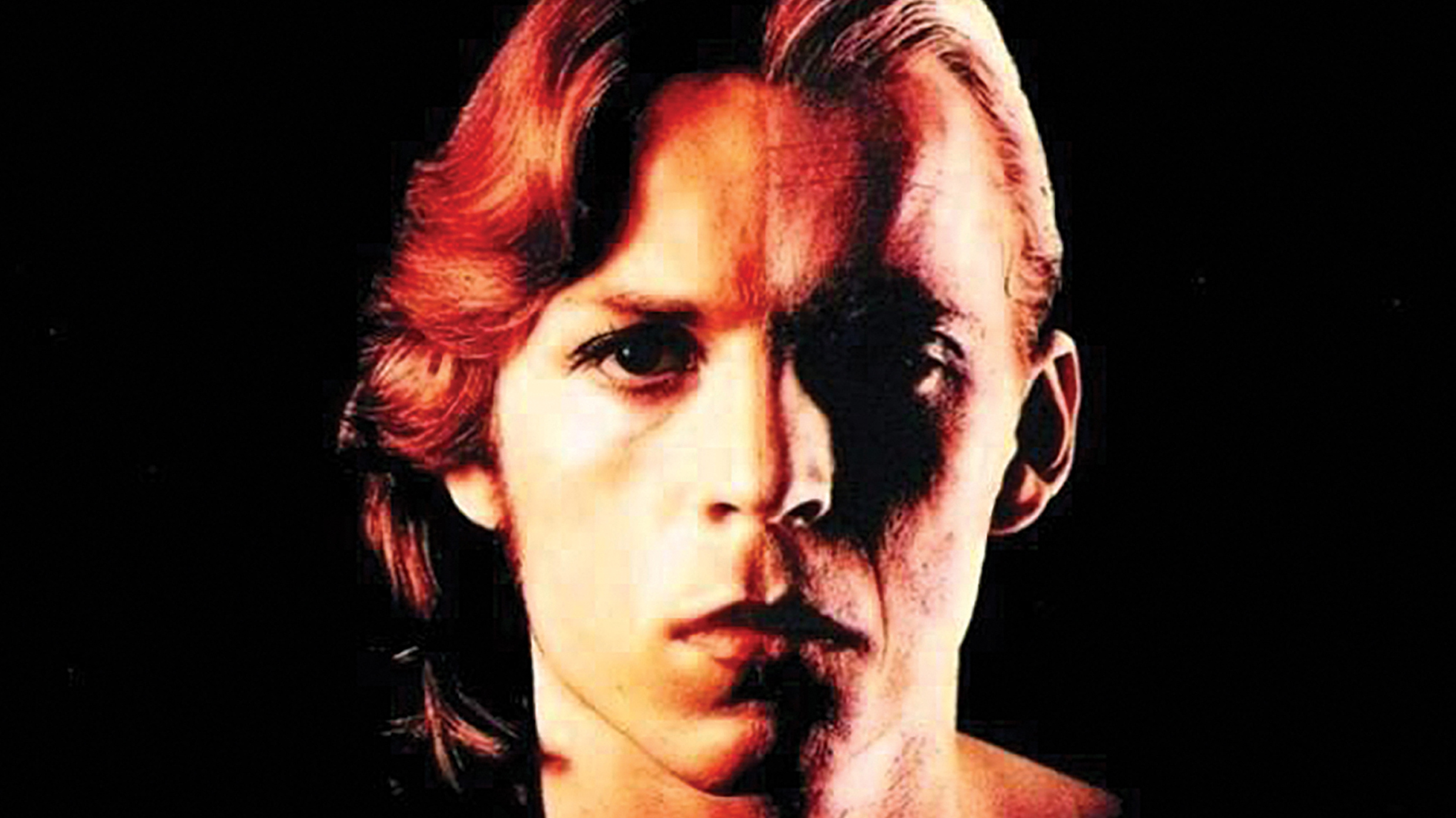Most fans would agree that although short-lived (1972-’77), it’s when the band were spearhead by the three-headed line-up of Christopher Franke, Edgar Froese and Peter Baumann that Tangerine Dream reached their artistic zenith. However, the latter party’s importance is often overlooked. Long out of print and originally released in 1976 and 1979, his first two solo albums – recorded respectively when he was still in, and then out, of the Tangs – restore a measure of justice and highlight how his was a huge contribution to their success, especially Romance 76. Even if it’s a relatively short 34 minutes in length, not only is it a perfect bridge between Baumann’s then-present and future but it also showcases two very distinctive personalities (also hinted at on the sleeve art).
Side one comes over as sharper, more to-the-point Tangs material, consolidated by his use of many familiar sounds from Stratosfear and Phaedra. But side two takes things to a whole different level: split into three tracks, it feels like one giant, ambient prog piece, dark and sinister. Vastly ambitious, enhanced by a haunting choir section and propelled by the presence of the Munich Philharmonic Orchestra, it’s unlike anything Baumann has done before or since, and it remains his artistic high point. When Trans Harmonic Nights appeared three years later, Baumann had exited Tangerine Dream for good and, determined to move with the times, came up with a work that was less abstract and more focused – he’d seemingly fixed an eye on the 80s. The sound is still very modular synth-based yet more accessible, with occasional percussion, as on White Bench And Black Beach, treated vocals (on the bouncy Chasing The Dream) and an overall lighter – perhaps more commercial – touch. That aside, it’s a still-enjoyable slice of old school pop electronica that only lacks its predecessor’s grandiose cinematic scope.
